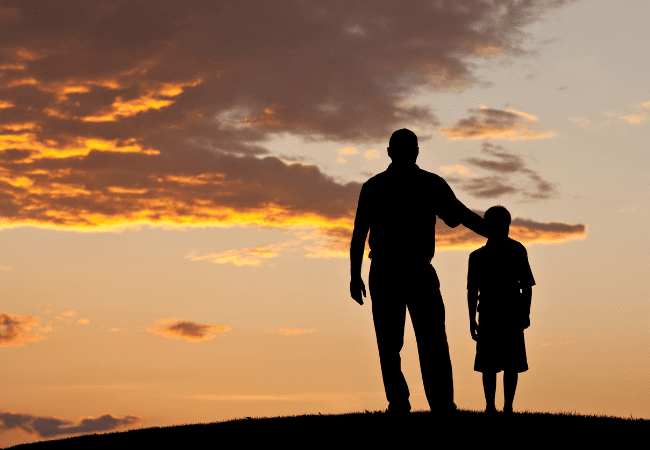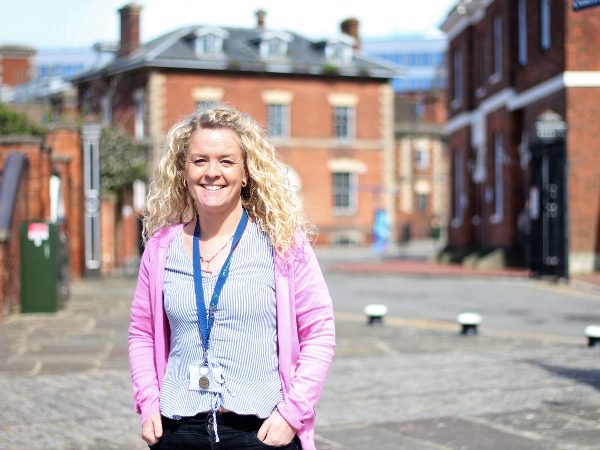
The former COO of Zurich and now Trustee and Mentor with YG tells us about his experience of mentoring young people.
8 August 2016
What motivated you to become a mentor? To give something back and help young people in the way that I was helped when I was young.
How did you find out about the programme? I used to work for a company called Zurich that was quite active in the community sector and they put me in touch when I retired.
What qualities do you think make a good mentor? Ability to listen, not get frustrated too quickly and be able to find positive ways for young people to move forward to offset negative attitudes.
How much time does it take up? As much as I want really. So at the moment it probably takes two half days a fortnight.
What’s your day job? I’m retired so I don’t have a day job apart from emptying the dishwasher.
What do you hope to achieve with the programme? I’d like to see a couple of people realise their potential. They walk in here not realising how good they are, lacking in confidence and I’d like to turn that around so that they go out into the world head up high.
What do you think are the main benefits of mentoring? To provide people that are becoming disenfranchised from society an opportunity to go out, engage, hopefully get a job and be a positive addition to the community.
Where do you meet your mentees? Initially at The Link (YG’s drop in centre) in a safe neutral territory. Although after a while we tend to meet at local coffee shops or places like that, that are close normally to where the mentee is, as they can have difficulty with transport.
What training did you receive? Great training was given from Young Gloucestershire which was based around safeguarding, what to expect and how to help.
What would you say to a potential mentee interested in the programme? Give it a go, it can only help.
What would you say to a mentor interested in volunteering? Give it a go, it can only help.
You may also like...
Redesigning Graphic House: Creating the safe spaces young people deserve

Meet Jamie – Learning, growing, and giving back through Youth Work

From Probable Mental Illness to Wellness

Young Gloucestershire’s ED and I journey

